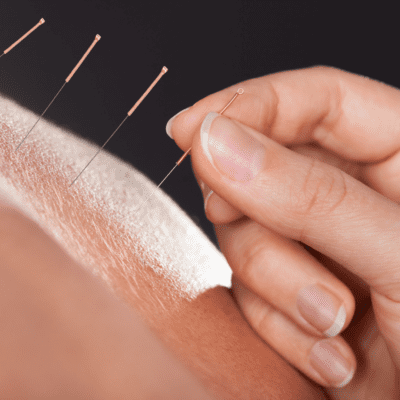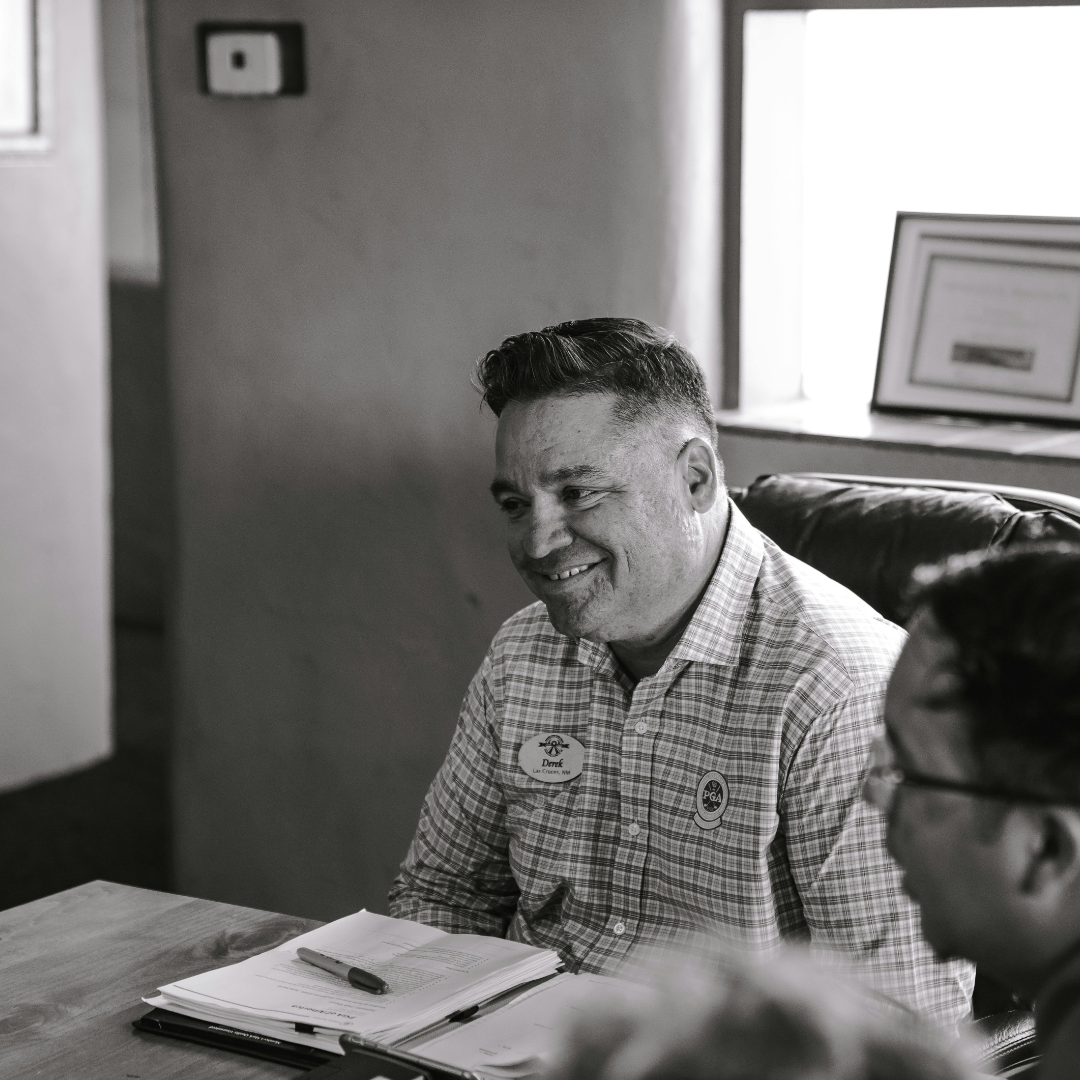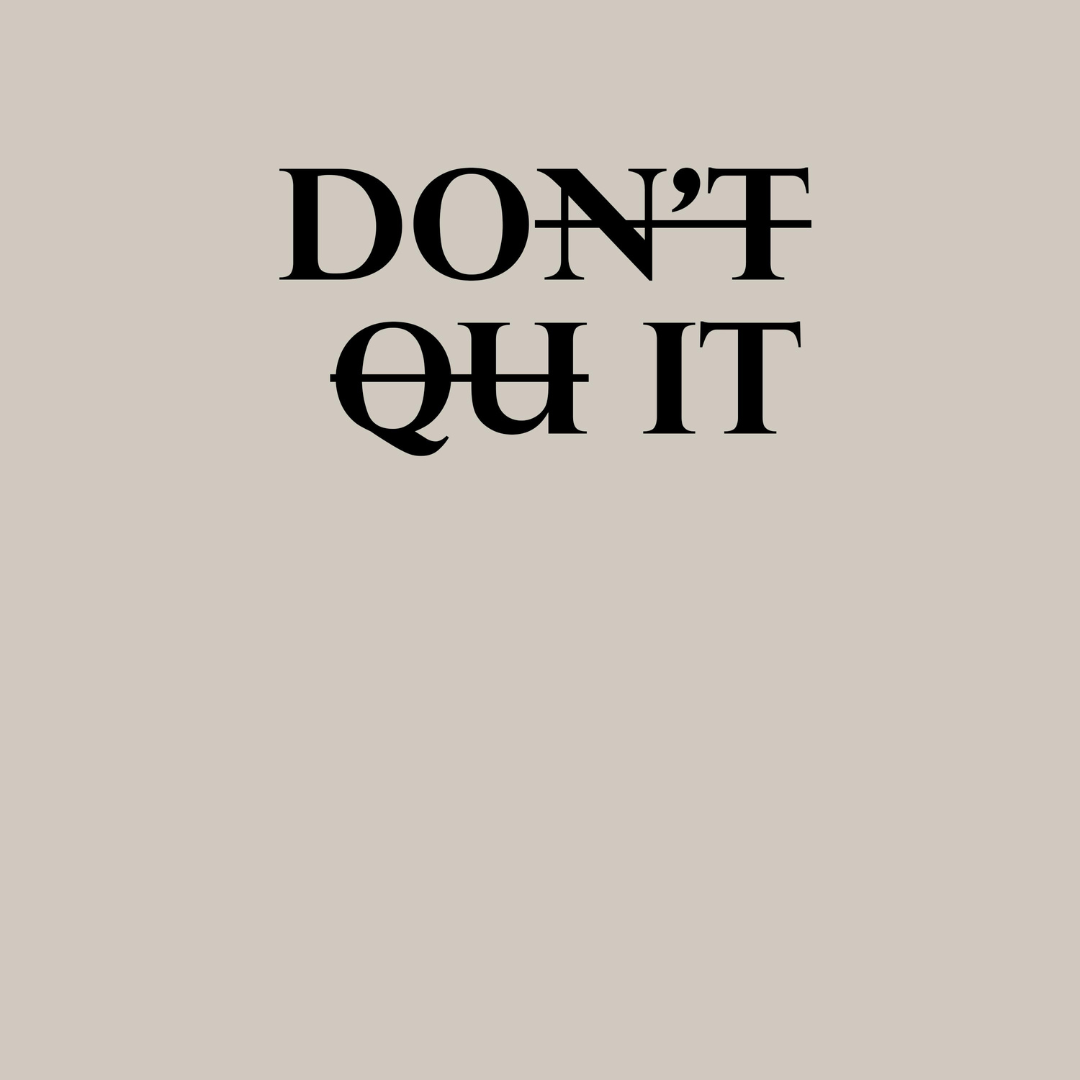Acupuncture for Rehab Patients

Addiction is a complex and challenging condition that affects millions of individuals worldwide. Traditional treatment methods often involve medication and therapy, but there is a growing recognition of alternative therapies like acupuncture in assisting those with addiction issues. Acupuncture, an ancient Chinese healing technique, has shown promising results in helping individuals on their journey to overcome addiction and maintain long-term recovery. At Serenity Springs Recovery, an Orlando rehab center, we offer acupuncture as part of our holistic approach to managing addiction. Below are some ways acupuncture can help with addiction recovery:
1. Eases Withdrawal Symptoms: Acupuncture has been found to alleviate the physical and psychological symptoms of withdrawal experienced during the detoxification process. By targeting specific acupoints, acupuncture can help regulate the nervous system, reduce cravings, relieve anxiety, alleviate insomnia, and mitigate the discomfort associated with withdrawal.
2. Restores Balance and Reduces Stress: Addiction often disrupts the body’s natural balance, leaving individuals feeling emotionally and physically drained. Acupuncture aims to restore harmony within the body by promoting the smooth flow of energy, known as Qi. By inserting thin needles into specific points on the body, acupuncture stimulates the release of endorphins, serotonin, and other neurotransmitters, leading to a state of relaxation and reduced stress. This enhanced well-being can be instrumental in preventing relapse and supporting overall recovery.
3. Supports Mental Health: Many individuals struggling with addiction also face mental health challenges such as depression, anxiety, and post-traumatic stress disorder (PTSD). Acupuncture can be a valuable addition to conventional therapies in addressing these co-occurring conditions. By promoting the production of serotonin and other mood-regulating neurotransmitters, acupuncture can improve mental health symptoms, enhance emotional stability, and foster a sense of calm and clarity. The holistic approach of acupuncture acknowledges the interconnectedness of mind and body, offering a comprehensive support system for those in recovery.
4. Facilitates Self-awareness and Mindfulness: One of the keys to overcoming addiction is developing self-awareness and adopting healthier coping mechanisms. Acupuncture sessions provide a unique opportunity for individuals to engage in mindfulness practices. As patients lie still during treatment, they can focus on their breathing, sensations, and thoughts, cultivating a deeper connection with their bodies and minds. This increased self-awareness can enable individuals to identify triggers, manage cravings, and make conscious choices that align with their recovery goals.
5. Complements Conventional Treatment: Acupuncture is not a standalone treatment for addiction but can be a valuable complementary approach. When combined with evidence-based interventions such as therapy, acupuncture can enhance the effectiveness of the overall treatment plan. It offers a non-invasive and drug-free option that can be tailored to individual needs, making it suitable for individuals seeking alternative or integrative approaches to recovery.
Acupuncture can play a valuable role in supporting individuals on their recovery journey. By addressing withdrawal symptoms, restoring balance, supporting mental health, fostering self-awareness, and complementing existing therapies, acupuncture offers a holistic and multidimensional approach to addiction treatment. As research in this field continues to expand, acupuncture holds promise as an effective adjunct therapy, providing individuals with a natural and empowering path toward lasting recovery.




